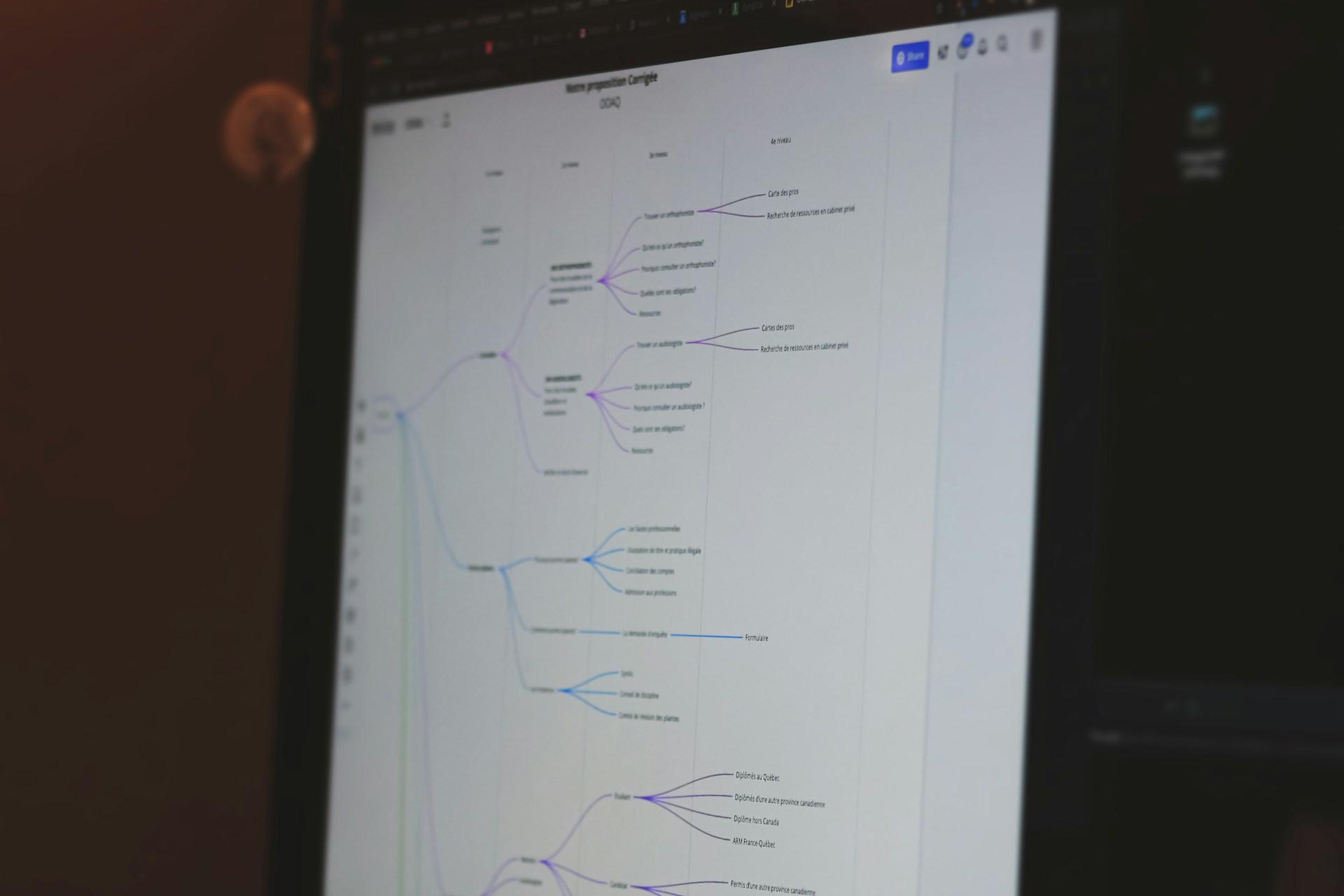Income and wealth inequality. Inflation and recession. Globalisation and international trade. De-dollarisation. Even if you're not an avid news consumer, you're likely familiar with these terms.
You may even be interested in learning more about these economic issues. Around the world, thousands of students share your resolve to right our listing economic ship. Like you, they want to ensure global economic equality and stability for generations to come. That all starts with mastering economics concepts.
It's telling that, around the world, few secondary school curricula include courses in basic economic principles. Our secondary schools don't offer economics courses either but we're lucky. We don't have to wait until university to study this vital subject, as students in many other nations do.
Exam boards have organised our Economics GCSE studies into two broad categories. We'll demonstrate our knowledge of each in two separate papers during our exams. Exam success demands attention to coursework as well as effective preparation and test-taking strategies. To help you prepare, this article outlines:
- GCSE Economics particulars
- Economics revision resources and online resources
- the best way to revise for economics
- a template for GCSE Economics revision
The pressing economic issues you read in our first paragraph all feature in your GCSE Economics curriculum. They also appear on your exam papers. However, neither your course nor your exam papers demand that you speculate on the world's economic future. They only cover the economic principles that apply today.

GCSE Economics: An Overview
Typically, when students search for GCSE Economics information, their internet searches return results addressing exam preparation. Those are helpful, of course, but Economics students also have a two-year course to muddle through. For that part, they find precious little information on what to expect and how to prepare for learning.
Going into the Economics GCSE, students should have a firm grasp of specific quantitative skills. Those include the ability to perform various calculations, including calculating averages and percentages. Students will also interpret data and graphs, as well as graph data. Your exam counts roughly 10% of its marks from these quantitative skills.
GCSE Economics introduces students to basic economics principles from two perspectives of economic theory. The microeconomic perspective examines markets and how they work. On a broader scale, you'll address issues impacting consumers and businesses, and how they make those economic groups make their decisions.
The macroeconomic perspective addresses the third main economic group: governments. This component will teach you how the government manages economic matters and the issues it must contend with. You'll learn about everything from taxation and spending to the moral and ethical considerations governments must entertain.
Your GCSE Economics exam papers follow this breakdown. Paper 1 tests you on microeconomic concepts and Paper 2 addresses macroeconomics. Across both papers, you must meet three objectives.
Learning Objectives for the AQA GCSE Economics Course
| Assessment Objective | Scope | Overall Weighting | Per-paper weighting |
| Objective 1 | demonstrating knowledge and understanding of economic concepts and issues | 35% | 17.5% |
| Objective 2 | applying knowledge and understanding of various economic concepts in different contexts. | 35% | 17.5% |
| Objective 3 | evaluating economic evidence to demonstrate your understanding of economic behaviours and draw conclusions. | 30% | 15% |
This table shows us that studying GCSE Economics isn't a matter of memorising keywords and economic facts. You need to know these economic topics inside and out and be able to apply them. The best way to reach that level is to diversify your study with as many tools and resources as possible.

Economics Revision Resources
As mentioned in the last segment, most online outlets touting GCSE Economics resources focus on exam revision. They overlook the two-year-long course during which teachers introduce fundamental economics concepts.
Even Student Room members express their frustration over this lag as they discuss how best to master key concepts in economics. Doing that makes sense, especially as you prepare for your exam. You won't need to review all of your coursework to refresh your memory on the first economics concepts you studied if you catalogue it while you learn.
Mind maps are a great way to organise information. As you study different economic topics, you simply add them to your map. You might create a mind map for macroeconomic concepts and another for microeconomic matters. Your maps will then mirror your economics curriculum and exam papers.
GCSE Economics students also despair over the lack of study materials. Their textbooks give them an overview of economic concepts but seldom give detailed explanations. To make matters worse, most of the online resources for economics are targeted at university-level students.
To fill this gap, you should visit your school and local libraries. There, you'll find a long list of book titles and other resources to advance your economics studies. Many such works present easy-to-digest information for beginner economics students like you.

GCSE Economics Revision Models
Some students cycle through their GCSE courses like they're ordinary classes. They count on intense revision just ahead of their exams to make up for the shortfall of intensive study throughout their courses. For some subjects, this strategy works. But not for economics.
Remember that you must demonstrate knowledge and understanding of economics concepts. You can know about a topic after a short exposure to it. However, understanding and applying your knowledge take time and practice. Top-ranked students build their revision resources, including mind maps, as they progress through their courses.
The most successful economics students read a lot. They consume the business and financial sections from multiple news outlets and compare those reports. They read economics classics, such as those from Gregory Mankiw and Eric Chiang. They listen to economics podcasts to hear the concepts they study discussed in real-world applications.
Bitesize is on standby for many GCSE subjects but not for GCSE Economics. However, Quizlet has many GCSE Economics flashcard decks. They are organised by study unit so students can focus on the topics they're currently learning. Quizlet utilities include learning, revision and testing modes, as well as games.
For many students, past papers and marking schemes form a cornerstone of their study plan. They don't wait until the test-prep stage to download their copies of those documents. They follow the 'begin with the end in mind' principle to measure their challenge before they begin learning. When you start your course, download and review these papers, along with the examiners' reports, to gain the same advantage.

What's the Best Way to Revise for Economics?
Mastering the academic aspects of economic study is important, of course. However, you might personalise your clinical study of economic phenomena. That entails seeing the world through 'economists' eyes'.
For instance, as you walk around the shopping district in your town, take note of store closures and 'big sale!' signs. Have you seen any price increases at the supermarket or your local chippie's? As you spot instances of economic distress, think about the factors that drive them.
You can go deeper still, by observing how people act in today's economy. How many shoppers carry bags from high-end and fast-fashion stores? Are people shopping at Poundland or Tesco? How full are the restaurants in your area?
Behavioural economics is a fast-growing field of study discussed in your exam's Paper 1. You can make real your study of needs and wants by observing them firsthand, as well as how people make their economic decisions. You may even analyse your own behaviours from an economist's perspective.
One of the best ways to revise for economics is to go all in on the subject. Don't just observe and analyse microeconomic events. Study how your local and national governments allocate resources and stimulate economic growth.
While doing all of this, you might want someone to talk over your findings with. Many students organise study groups. During their study sessions, each member contributes their observations and everyone helps each other put these discoveries into context.
If you've no way to gather a study group, you can have these conversations with your tutor. Caregivers often consider private tutoring to help their learners get ready for exams. However, working with your private tutor as you progress through your course is far more effective.
During the two years you spend learning new economic concepts, you may find it hard to visualise how they apply in the real world. A tutor specialising in this subject can help you understand these applications. Even better, they can help you weave them into your growing body of economic knowledge.
Throughout your GCSE Economics course, your private tutor will be available to answer any questions you might have. In fact, they would likely guide you in finding the answers you need on your own. And then, when it comes time to revise for your exam, they will oversee your efforts.
The best way to revise for economics is to seek maximum exposure to your subject. Talking over your insights with your classmates will help solidify your knowledge and understanding of your subject material. Turning to your private tutor for any unanswered questions you may have is the capstone of effective GCSE Economics revision guide.
Summarise with AI:















